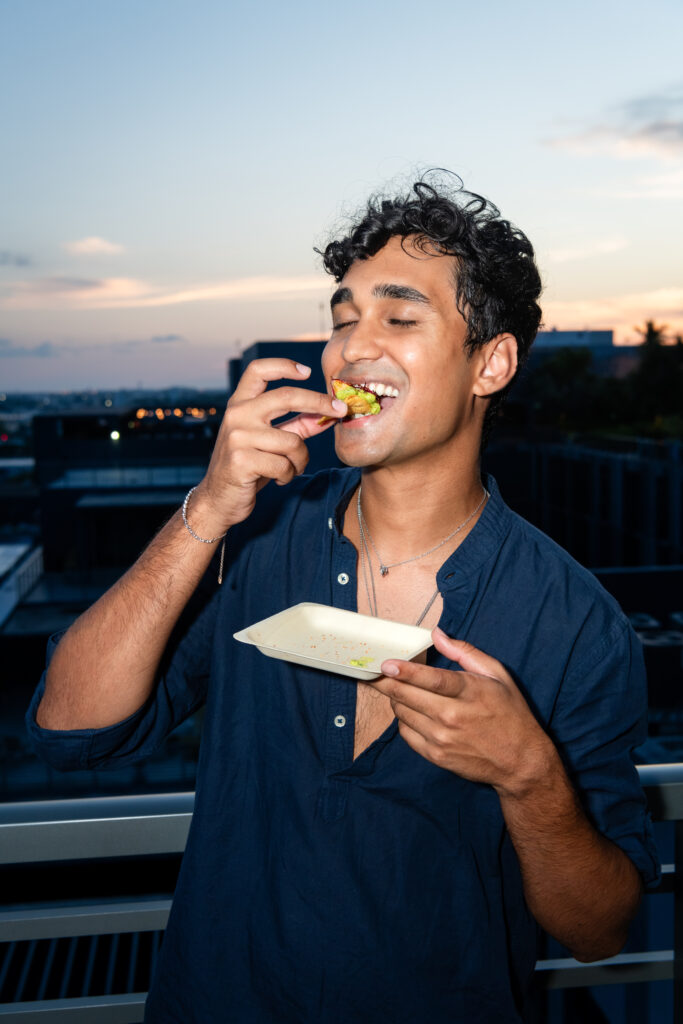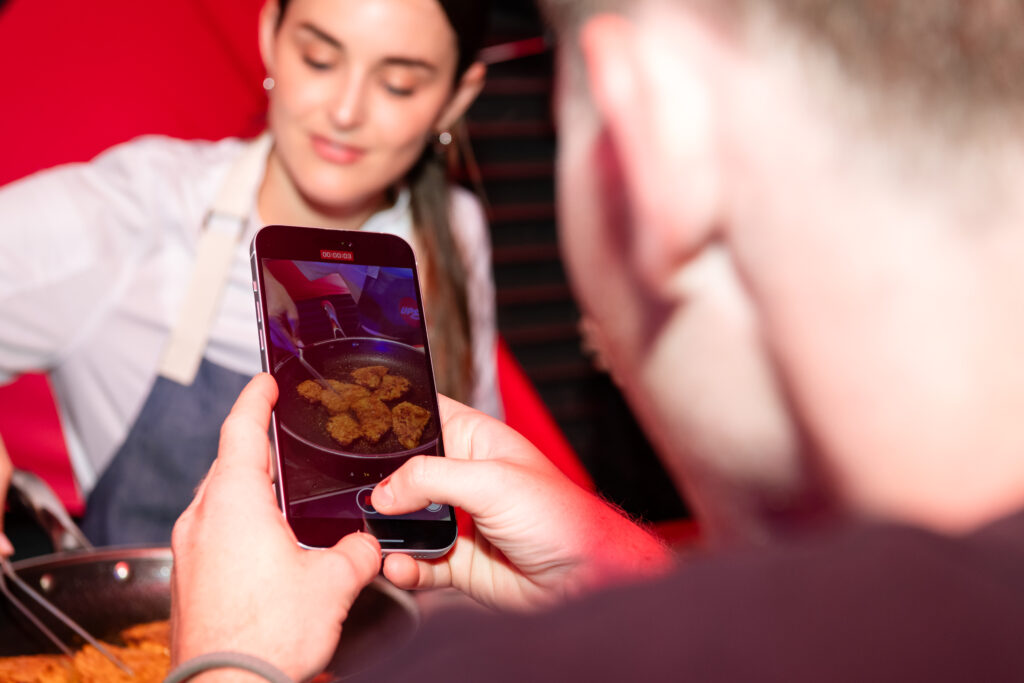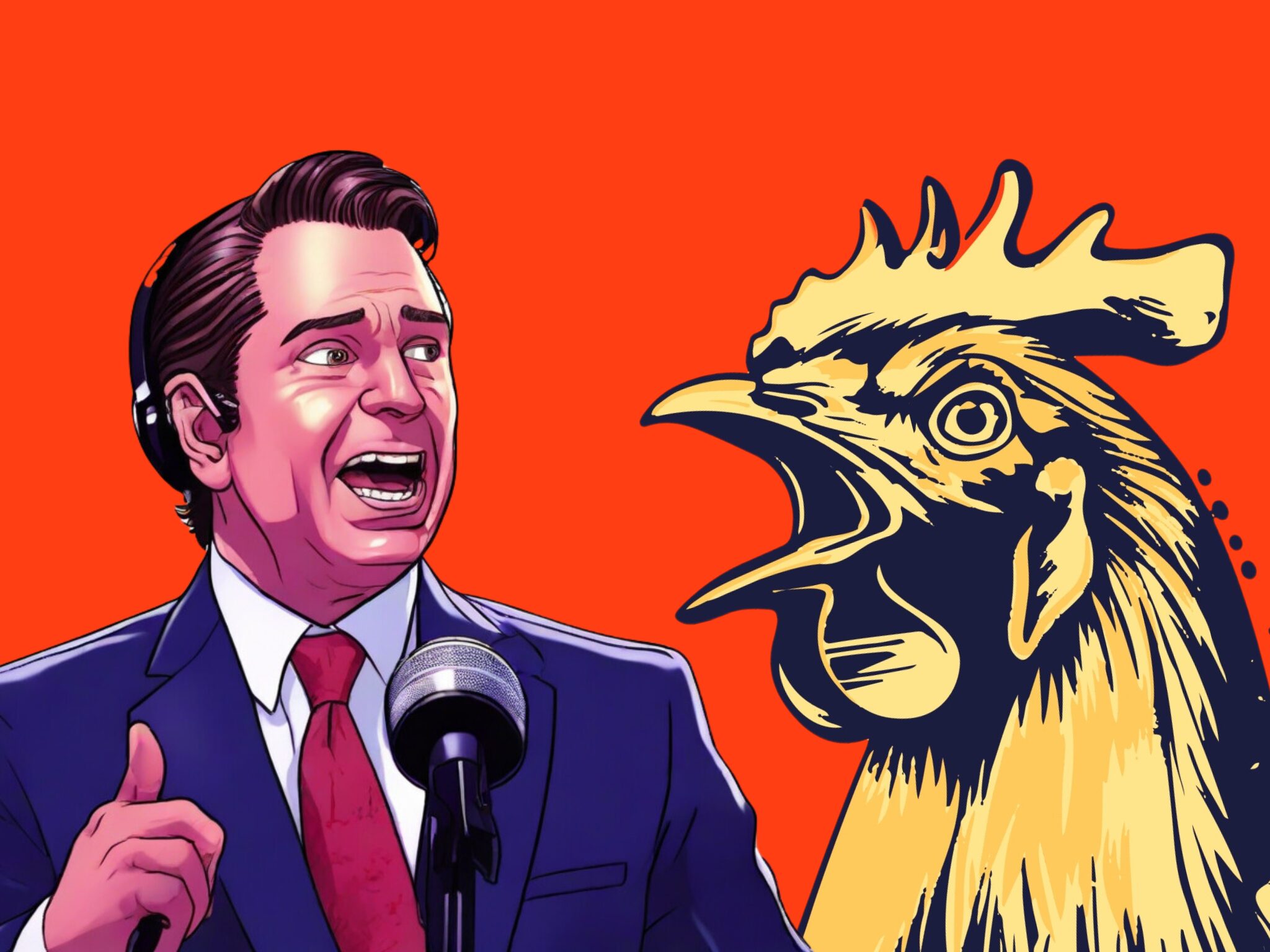Judge Rejects Upside Foods’s Request to Block Florida’s Cultivated Meat Ban
5 Mins Read
A federal judge has refused Upside Foods’ request for a preliminary injunction in its lawsuit against Florida’s ban on cultivated meat, throwing its Art Basel plans into doubt.
Upside Foods has had its request to halt the enforcement of Florida’s cultivated meat ban denied by a federal judge.
In a 21-page ruling last Friday, Chief US District Judge Mark Walker rejected the Californian food tech startup’s motion for a preliminary injunction, which would have allowed it to showcase its cultivated chicken at the Art Basel festival in Miami (December 6-8).
Florida was the first US state to ban cultivated meat, making it a second-degree misdemeanour to manufacture, sell or distribute these proteins. After being signed by Governor Ron DeSantis in May, the law came into effect on July 1.
A month later, however, Upside Foods – one of only two companies approved to sell cultivated meat by the US Department of Agriculture and the Food and Drug Administration – filed a legal complaint against the state, calling the move “unconstitutional”.
The Institute for Justice, which is leading the case on behalf of Upside Foods, sought a preliminary injunction to halt the ban until a decision on the lawsuit is made, allowing the company to sell its products and honour its event commitments. It had teamed up with local chefs for the Art Basel fair, and is set to host a tasting at the South Beach Wine and Food Festival in the state capital next February.
But after a hearing last Monday, Walker has denied the preliminary injunction. However, Upside Foods plans to appeal (though the Art Basel showcase is likely no longer possible), and this does not spell the end of the lawsuit.
Upside Foods ‘could identify no regulation’ to support specific arguments

Upside Foods argued that the federal Poultry Products Inspection Act (PPIA) – which requires the USDA and FDA to inspect all poultry products, which apply to sales in states too – preempts Florida from prohibiting the sale of cultivated meat.
“Essentially, the federal government has said that cultivated chicken cells produced at Upside’s facilities can be used in poultry products, and the state of Florida is saying that they can’t. The state simply doesn’t have that power,” Paul Sherman, senior attorney at the Institute for Justice, said at the time.
The state argued that cultivated chicken does not fall into the definition of a poultry product, but Walker noted that Upside Foods “has the better of the arguments” here, acknowledging that Upside Foods’s product comes directly from chicken cells.
However, while the company argued that Florida’s ban imposes ingredient and manufacturing requirements inconsistent with the PPIA, the judge said the plaintiff could not identify a law or regulation “creates a federal ‘ingredient requirement’ with respect to ‘cultivated meat'”.
Moreover, since Upside Foods does not manufacture its cultivated chicken in Florida, the ban on manufacturing doesn’t impact its operations or facilities. “Florida has not sought to reach into Plaintiff’s facilities to tell them how they should handle their cultivated chicken cells throughout the production process and then reframed such regulations as a sales ban,” he wrote.
“Just because Plaintiff’s product arguably falls within the scope of the PPIA, and thus, is under the USDA’s regulatory authority, this does not mean that a state is expressly preempted from banning the sale of that particular kind of poultry product,” Walker stated.
Lawyers to appeal decision as judge recognises ban’s effect on Upside Foods

While the preliminary injunction has been denied, the lawsuit continues. “Preliminary injunctions are just that: preliminary,” said Sherman. “The real fight is still ahead, and today’s ruling has no bearing on the final resolution of this case. We always expected the bulk of the lawsuit to be decided on its merits, and that’s exactly where we’re headed.”
The judge’s ruling revealed a number of partnerships Upside Foods had struck to sell cultivated meat in Florida before the ban was imposed. The company had already sold its cultivated chicken to at least one restaurant in Miami, and the chef it had teamed up with for Art Basel was also planning to offer the cultivated chicken at her restaurant on a limited basis by the first quarter of 2025.
Upside Foods had further identified chefs in Miami and Tallahassee for similar partnerships, but halted talks after the ban came into place.
“Defendants’ suggestion that Plaintiff’s evidence must establish something more than past sales or distribution, halted plans to work with Florida chefs, and future intentions to resume efforts to partner with Florida chefs and other businesses would effectively require Plaintiff to submit an admission concerning the commission of a crime under Florida law,” wrote Walker, noting that Upside Foods did not need to incriminate itself “just to get through the courthouse door”.
In recognising Upside Foods’s standing to seek a preliminary injunction, he stated that the “evidence demonstrates that it faces a real and immediate threat of criminal enforcement against it if it continues to attempt to sell or distribute its cultivated chicken in Florida”.
Suranjan Sen, an attorney at the Institute of Justice, called the denial of the preliminary junction merely a “procedural step”. “We are looking forward to appealing this preliminary decision while the case goes forward,” he said. “We are confident that the courts will ultimately recognise that Florida cannot ban products simply to protect local industries from honest competition.”
Florida isn’t the only state to have banned cultivated meat – a similar law took effect in Alabama at the start of this month. And lawmakers in Arizona, Illinois, Kentucky, Nebraska, Iowa, Michigan, New York, Wisconsin, Pennsylvania, Tennessee, Texas and West Virginia have introduced similar measures.



